Cauchy Convergence Criterion in the Split Complex Plane
DOI: 10.23977/tracam.2024.040119 | Downloads: 11 | Views: 1182
Author(s)
Kexin Yan 1, Jinle Hu 2
Affiliation(s)
1 School of Mathematics, South China University of Technology, Guangzhou, 510641, China
2 School of Mathematics and Big Data, Chaohu University, Hefei, 238024, China
Corresponding Author
Kexin YanABSTRACT
This paper investigates the Cauchy convergence criterion in the split complex plane. The split complex numbers are generated by two real numbers and form a commutative ring with zero divisors. Since split complex numbers have zero divisors, this paper concludes the Cauchy convergence criterion in the split complex plane according to the decomposition property of split complex numbers. This result can not only lay the foundation for the development of the split complex analysis but also can infuse research momentum into the application of the split complex numbers in terms of physics.
KEYWORDS
Split complex number, Cauchy convergence criterion, R1,1CITE THIS PAPER
Kexin Yan, Jinle Hu, Cauchy Convergence Criterion in the Split Complex Plane. Transactions on Computational and Applied Mathematics (2024) Vol. 4: 148-153. DOI: http://dx.doi.org/10.23977/tracam.2024.040119.
REFERENCES
[1] G. Baley Price. An introduction to multicomplex spaces and functions [M]. B Boca Ratonoca Raton, 2019:1~122.
[2] Hailu Bikila Yadeta. New characterizations of the ring of the split-complex numbers and the field C of complex numbers and their comparative analyses [J]. Research Square, 2023.
[3] Golberg A, Luna‐Elizarrarás M E. Hyperbolic conformality in multidimensional hyperbolic spaces [J]. Mathematical Methods in the Applied Sciences. 47(10), 2024: 7862-7878.
[4] Mehmet Merkepci, Mohammad Abobala. On some novel results about split-complex numbers, the diagonalization problem, and applications to public key asymmetric cryptography [J]. Journal of Mathematics, 2023.
[5] Ming Wan. Study on the sufficient sertification of Cauchy convergence criterion [A]. Proceedings of the 2017 5th International Conference on Machinery, Materials and Computing Technology (ICMMCT 2017) [C]. Beijing, China: Atlantis Press, 2017:1484-1488.
[6] Sharma, Archana, Kumar, Vijay. Some remarks on generalized summability using difference operators on neutrosophic spaces [J]. Journal of Ramanujan Society of Mathematics & Mathematical Sciences 9, 2022(2): 153–164.
[7] Daniele Borio. Bicomplex representation and processing of GNSS signals [J]. Navigation: Journal of the Institute of Navigation, 2023, 70(4): 2314-4629.
[8] Mehmet Merkepci, Mohammad Abobala. On some novel results about split-complex numbers, the diagonalization problem, and applications to public key asymmetric cryptography [J]. Journal of Mathematics, 2023, 1: 2314-4629.
[9] Slobodan N. Bjelic, Nenad A. Markovic, Zorica S. Bogicevic, Igor S. Bjelic. Application of Cauchy (Lipschitz) criterion for obtaining theoretical models of atmosphere striking overvoltages [J]. I.J. Information Technology and Computer Science, 2019, 9:20-30.
[10] Jun Li; Ryan Wu; I-Tai Lu; Dongyin Ren. Bayesian linear regression with Cauchy prior and its application in sparse MIMO radar [J]. IEEE Transactions on Aerospace and Electronic Systems, 2023, 59(6):9576-9597.
| Downloads: | 657 |
|---|---|
| Visits: | 52793 |
Sponsors, Associates, and Links
-
International Journal of Power Engineering and Engineering Thermophysics
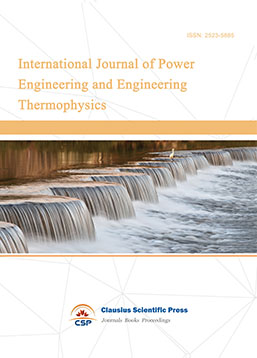
-
Numerical Algebra and Scientific Computing
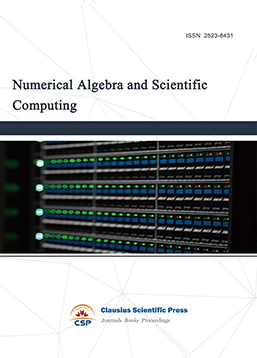
-
Journal of Physics Through Computation
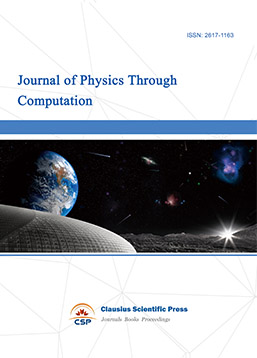
-
Transactions on Particle and Nuclear Physics
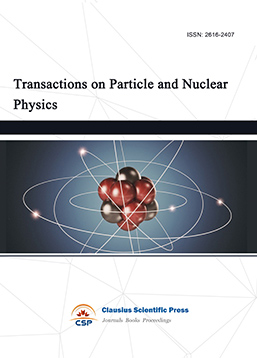
-
Journal of Probability and Mathematical Statistics
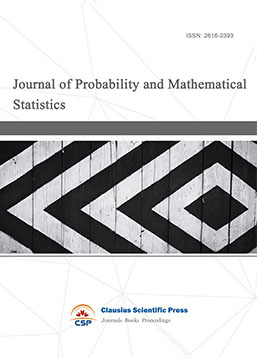
-
Multibody Systems, Nonlinear Dynamics and Control
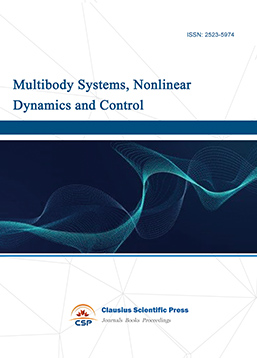
-
Complex Analysis and Geometry
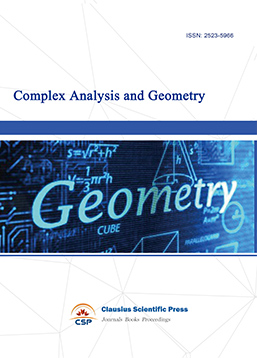
-
Dynamical Systems and Differential Equations
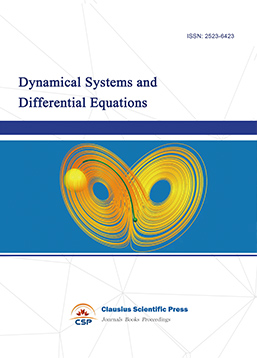
-
Acoustics, Optics and Radio Physics
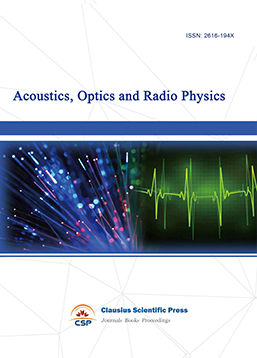
-
Progress in Atomic and Molecular Physics
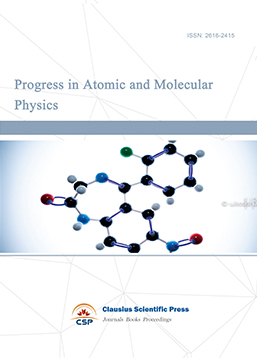
-
Transactions on Condensed Matter Physics
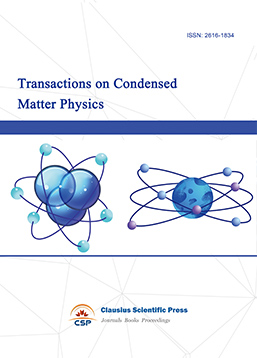
-
Progress in Plasma Physics
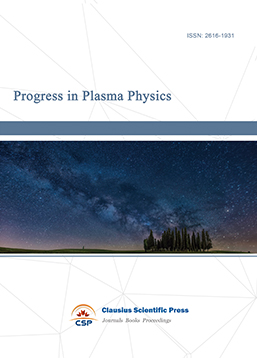
-
Combinatorics and Graph Theory
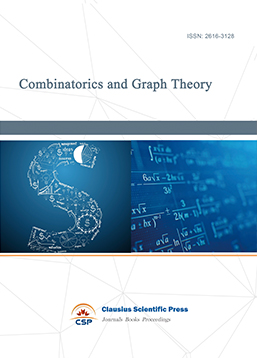
-
Research and Practice of Mathematics & Statistics
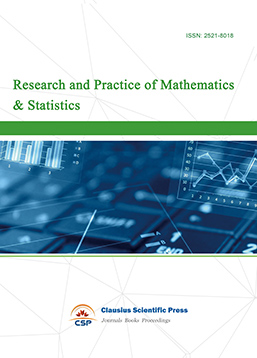
-
Nuclear Techniques and Applications
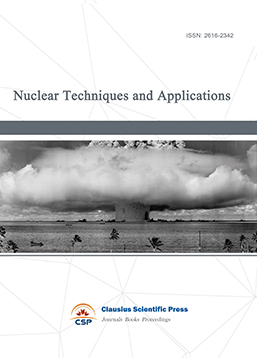
-
Journal of Photonics Research
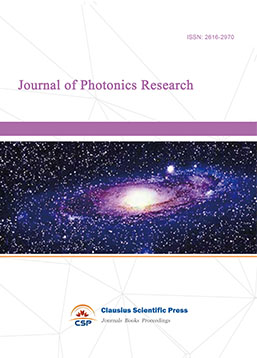
-
Journal of Compressors and Refrigeration
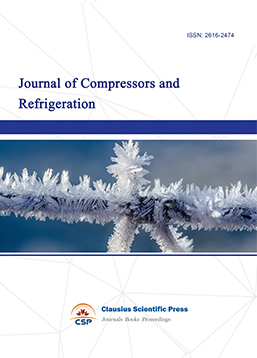
-
Journal of Theoretical Physics Frontiers
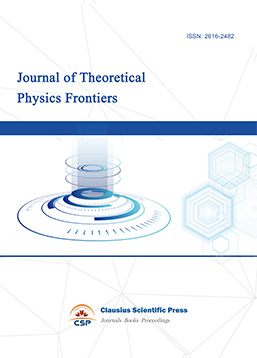
-
Journal of Nonlinear Science and Complexity
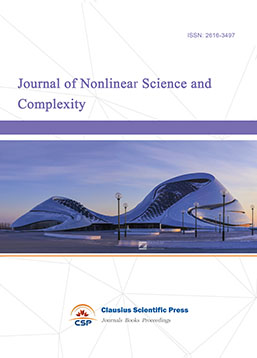
-
Vacuum Science Journal
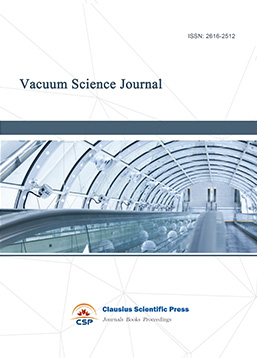
-
Computational Fluid Dynamics
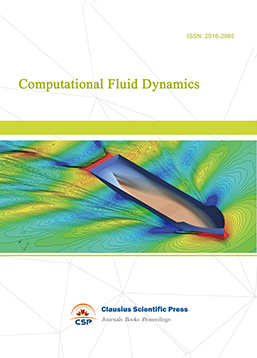

 Download as PDF
Download as PDF